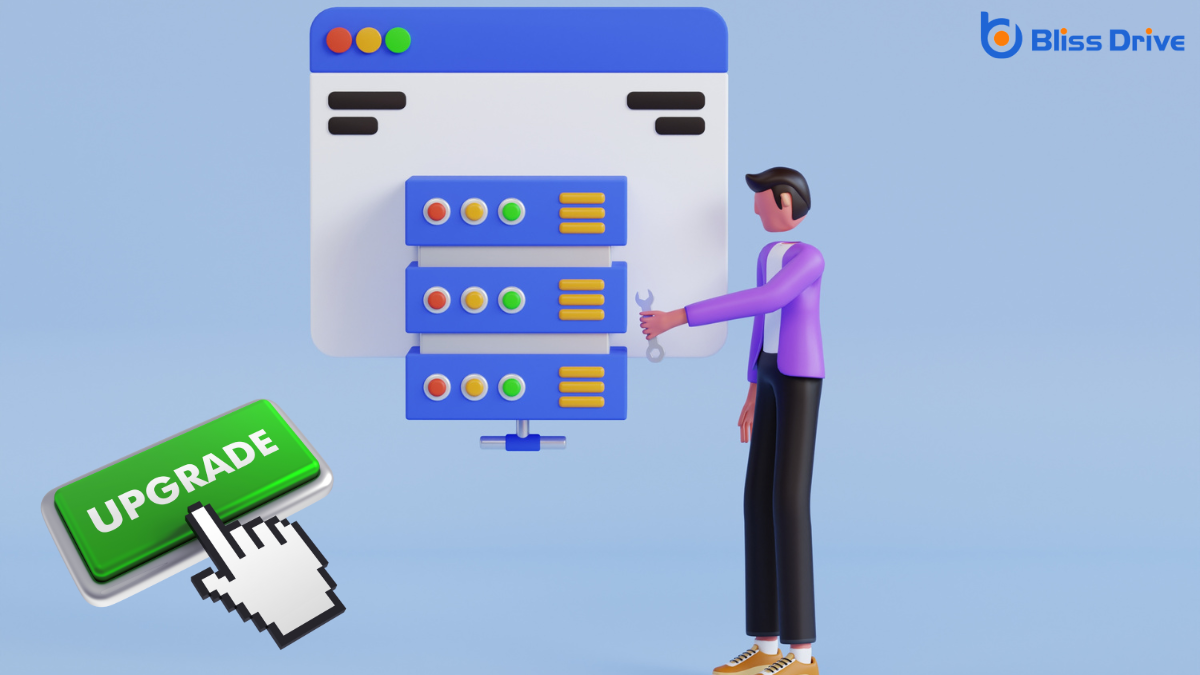Learn More About Us

Improving Time to First Byte (TTFB) can greatly enhance your website's performance. You should start by optimizing server configuration, ensuring it has adequate resources and is up-to-date. Consider using CDNs to reduce the distance between your server and users, enhancing speed. Don't overlook caching strategies or streamlined database queries, as they also play an essential role. Curious about how hosting upgrades might factor in? Explore these strategies further for impressive results.
When you optimize your server configuration, you directly enhance the Time to First Byte (TTFB) and boost your website's performance.
Start by choosing a server with sufficient resources to handle your site's traffic. Guarantee your server software, like Apache or Nginx, is up-to-date to benefit from performance improvements and security patches.
Configure your server to enable HTTP/2, which speeds up data transmission between the server and client.
Adjust settings to reduce server response time, such as optimizing Keep-Alive settings and enabling server-side caching. Minimize the use of redirects, as they add latency.
You should also fine-tune database queries and use efficient indexingThe process of adding web pages into a search engine's database.. By focusing on these adjustments, you’ll achieve a noticeable improvement in TTFB and overall user experience.

To greatly enhance your website's TTFB, leveraging Content Delivery Networks (CDNs) is crucial. CDNs reduce the distance data travels by distributing your site's content across multiple servers worldwide. When a user visits your site, the CDN delivers content from the server closest to them, speeding up response times.
By strategically placing content, you minimize latency and improve user experience.
Implementing a CDN is straightforward. Choose a reliable CDN provider, integrate it with your site, and configure settings to optimize performance. CDNs handle static content like images and scripts, freeing your origin server from excessive requests.
They also offerThe specific product or service being promoted by affiliates. features like load balancing and security enhancements, further boosting your site's efficiency. Embrace CDNs to guarantee your website is fast and responsive.
One powerful way to enhance your website's performance is by utilizing caching effectively. Caching stores copies of your site's files and data, so when users visit, the server can quickly deliver these pre-saved items instead of generating new ones each time. This reduces server load and speeds up page delivery, improving your Time to First Byte (TTFB).
Start by implementing browser caching, which guarantees that repeat visitors download fewer resources.
Then, consider server-side caching solutions like Varnish or Redis, which handle requests more efficiently by storing dynamic content.
Don't overlook object caching for database-driven sites, as it caches recurring database queries.
Although improving server speed is essential, optimizing your database queries can greatly enhance your website’s TTFB. Streamlining these queries reduces the server's workload, allowing it to respond faster.
Here’s how you can achieve this:
These strategies not only improve TTFB but also enhance user satisfaction.

When your current hosting solution lags behind in performance, upgrading it can greatly boost your website's TTFB. A faster server means quicker response times, which directly improves the Time to First Byte (TTFB).
Consider switching to a reliable hosting provider known for speed and uptime. Shared hosting might save you money but often lacks the resources needed for peak performance. Opt for VPS or dedicated hosting to guarantee your website gets the attention it deserves.
These solutions offer more bandwidth, better processing power, and superior support. Don't forget to look for hosting with data centers closer to your audience. This reduces latency and speeds up content delivery, making a noticeable difference in how swiftly your pages load.
By optimizing your server configuration and keeping software up-to-date, you guarantee efficient resource use. Leverage CDNs to reduce data travel time, improving response speed. Don't forget to use caching effectively, both on the browser and server side, to lighten server load. Streamline database queries by optimizing them and using indexes wisely. Finally, consider upgrading your hosting solution for better performance. By following these steps, you'll considerably improve your site's Time to First Byte.
